Unlike most of us, porn has had a great pandemic.
Porn giant Pornhub took advantage of the marketing opportunity and provided free streaming to quarantined cruise ship passengers. Their efforts have been successful. In the lock-downs earlier this summer, Pornhub enjoyed as much as a 22% increase in traffic.
Porn offers a tantalizing respite to isolation and loneliness. Porn isn’t hindered by the shut-down; it’s available on-demand. With shelter-in-place orders in effect, porn has been presented as a safe and responsible alternative to social activities.
Porn thrives on social separation and creates the illusion of real companionship. More than just sexual release, porn releases feel-good chemicals in the brain that offer emotional reprieve in the absence of personal relationships.
In a time when relationships are hard, porn is very easy. You don’t have to be proactive to get the porn placebo. Looking at porn requires little or no effort. Porn can find you even if you don’t intend to find it.
But porn is a fantasy.
It’s not real.
The feel-good chemical release it gives is not sustainable, and it offers no lasting reprieve from isolation and loneliness. Instead, porn encourages users to chase the high, dragging them down in a cycle of shame and deeper isolation.
A Real Antidote for Isolation
I remember being 14 years old and feeling isolated and lonely. I was beginning to experience sexual temptation, beckoned by a world of fantasy that seemed to offer an escape from teenage confusion and solitude.
One Saturday morning, my dad took me out for breakfast and asked me how I was doing. He asked some awkward questions about lust and some more awkward questions about my feelings. It was a simple but very intentional effort. It changed everything.
Neither of us were particularly comfortable with this at first, but my dad persisted. He pushed through the awkwardness and continued to take proactive steps to deepen our accountability relationship. I became more honest and opened up about my struggles. He also opened up to me.
Accountability was about more than my temptation to lust. Over time, we experienced a rich spiritual fellowship that pointed us to Jesus. I learned to love these times, and the sense of freedom and healing that came through confessing my sins and struggles to an Ally who wanted to help me. Instead of escape into fantasy and further loneliness, accountability provided an antidote to isolation.
The Isolation Pandemic
Isolation and loneliness don’t just disappear after adolescence. In 2020, we face unprecedented levels of social separation. The term “social distancing” is new, but the trend is not. According to one study, even prior to COVID-19 as many as 60% of Americans reported feeling loneliness.
Why so lonely?
The forces of society are pulling us further apart.
Workers have gone remote in unprecedented numbers, and experts are predicting that as much as a quarter of the workforce could stay remote even after the shutdown. Online education has been a growing phenomenon for years, but for the first time, almost everyone is now learning online. Churches have gone online as well. Even prior to the pandemic, Barna was already reporting a large-scale transition to “digital spiritual tools” rather than traditional church gatherings.
Most of us are now familiar with Zoom meetings, Facebook livestreams, and online shopping. Work, school, and church relationships are increasingly dependent on technology to navigate physical separation. While these technological advances are incredibly helpful, particularly in a quarantine, they do a poor job replacing in-person interactions. The phenomenon of “Zoom fatigue” bears this out. Even if you can see someone on the screen, something is missing with online communication.
Why is this? Experts disagree on the exact numbers, but some estimate as much as 93% of communication is non-verbal. The implication is that online, remote, and socially distanced communication is an inadequate substitute for real, in-person time with other humans. Experts also acknowledge the important role that physical proximity plays in relationships.
When we connect with people physically, our brains are designed to release chemicals which forge emotional bonds. Children depend on physical touch for healthy emotional development. Obviously, physical touch plays a critical role in romantic relationships. Research in the “science of touch” underscores the importance of physical contact for emotional well-being. Physical proximity fuels societal bonds, collaborative efforts, and friendships.
Introverts Are Hit Hardest
As a borderline introvert, I’ve joked that sheltering in place is what I have been doing most of my life. Of course, this isn’t really the case. Different personality types prefer different levels of social interaction, but everyone needs it—just like I needed it as a teenager.
With the pandemic, studies show that it’s actually introverts who are hit hardest by social isolation. While extroverts exhibit more vocal frustration, they are also more likely to take advantage of the technological tools that make online social interaction possible. Introverts, on the other hand, tend to lose contact with the few relationships they have under normal circumstances.
Given all these factors, it’s not surprising that isolation and loneliness have reached pandemic proportions. It’s unlikely that even an antidote for COVID-19 will reverse the trend of isolation.
In the face of emotional suffering and the increasing difficulty of real relationships, porn offers a placebo, and far too many people are relying on it.
Recovering the Real Antidote
Porn has had a great pandemic, but the real antidote to loneliness and isolation is the same now as it was for me as a teenager: accountability. After I grew up and moved away from home, there were fewer opportunities for me and my dad to meet in person. It became more challenging, but we kept up our discussions through, texts, emails, and phone calls.
There are lots of obstacles preventing us from recovering this antidote. More than ever, finding and maintaining accountability relationships in a post-COVID world takes intentional effort and proactive steps. That’s especially true if you don’t have the blessing of a long-term accountability relationship already in place.
But it’s worth fighting through the obstacles. Porn might have had a great pandemic, but the fantasies will fall short and betray you into deeper isolation and loneliness. Invest the effort and take proactive steps to make accountability a regular part of your life!

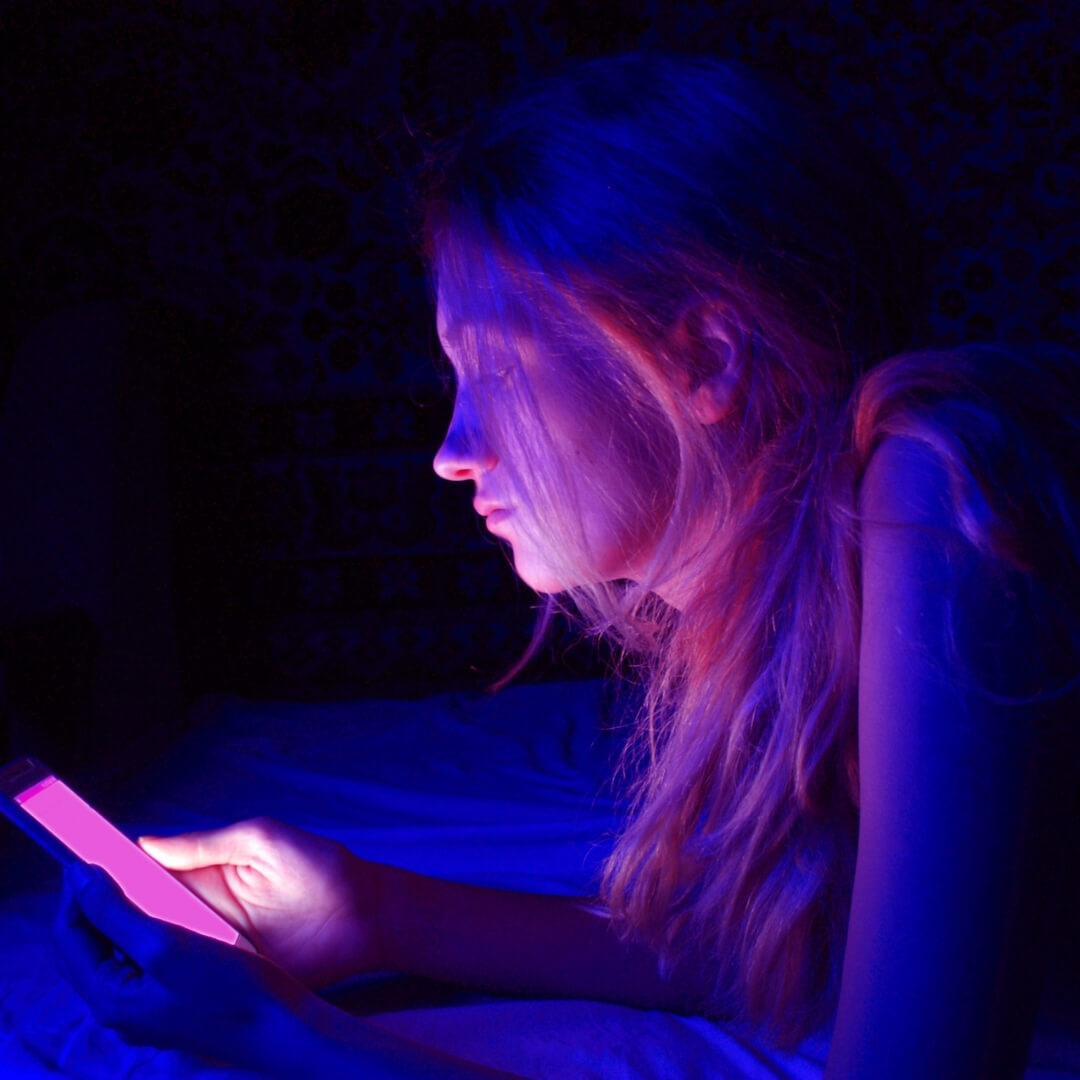
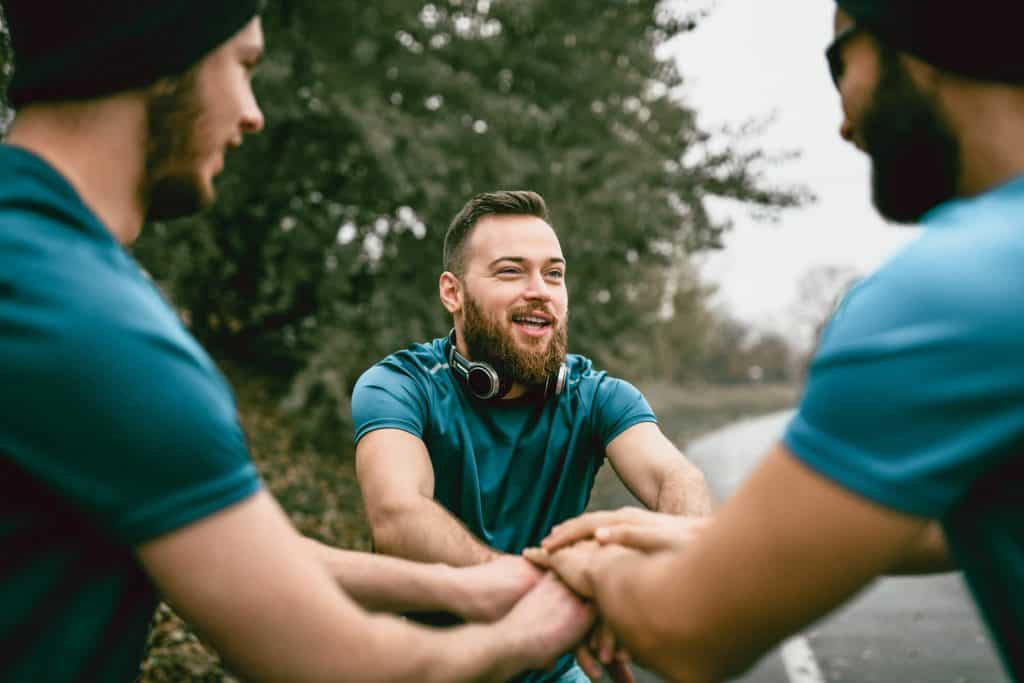
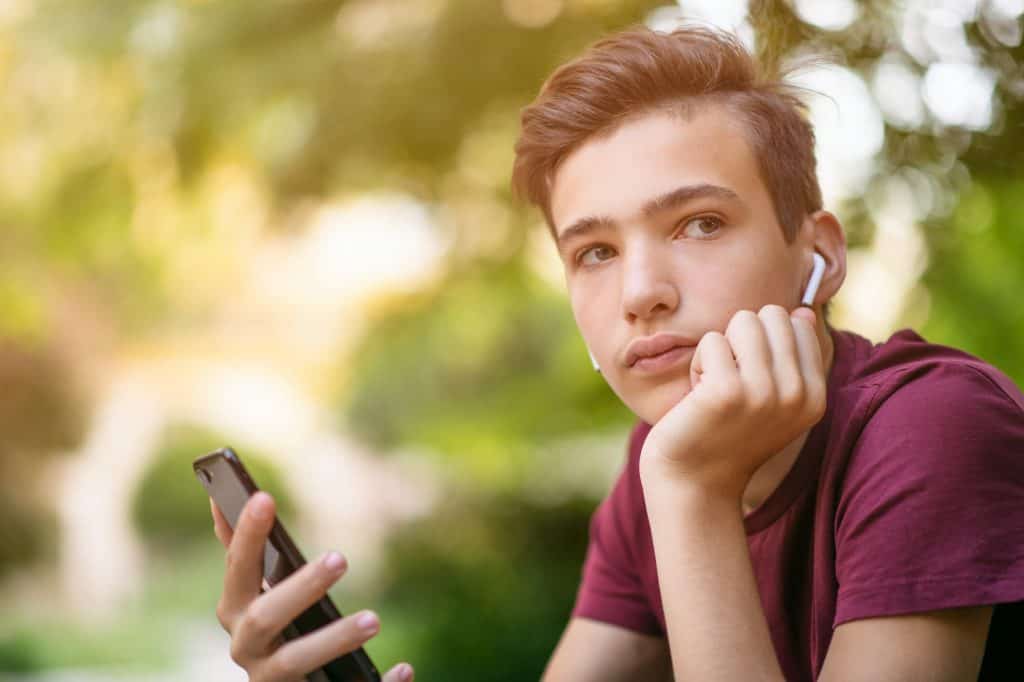

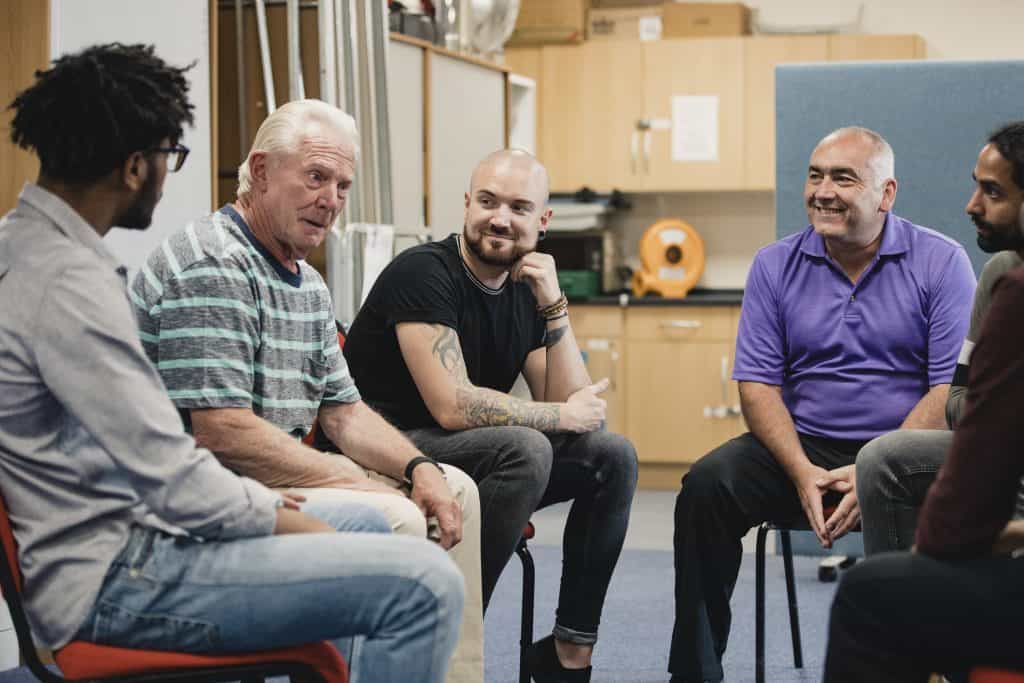
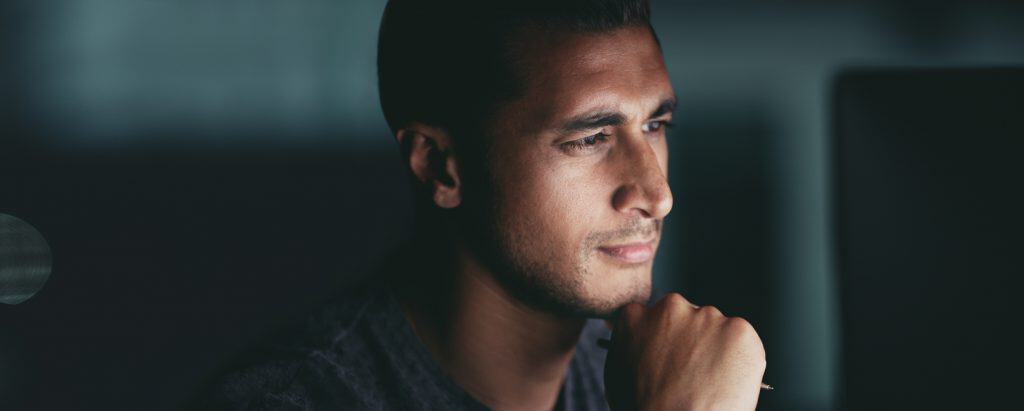

I want to start off by saying that I thank God for this website as I’m able to express my inner thoughts and true struggles. I’m 41 yrs old and have been celibate for 13 years. I had a partial hysterectomy in 2019 and I have endured physical complications ever since. Long story short, I became addicted to watching pornography and masturbation during this time. As of today, God has delivered me from both and I’m truly grateful. But, I’m not perfect and I have strong urges sometimes to revert back. Not to watching porn, but masturbation. I’ve found that my two biggest triggers are stress and loneliness, especially (as an introvert) during this pandemic. Being a single mother to my teenage daughter helps me to fight these urges as I want to be a godly example for her. I’m also praying for a husband so I don’t want to bring these struggles into a marriage. My heart goes out to anyone dealing with these struggles and I want to encourage everyone to take it one day at a time. If you fall, get back up again. God loves us and we are beautiful in His sight. Even when we fall, He loves us and will give us a fresh start. His mercies are new every morning. Peace and blessings!
Love it! thanks for putting good content on the web!